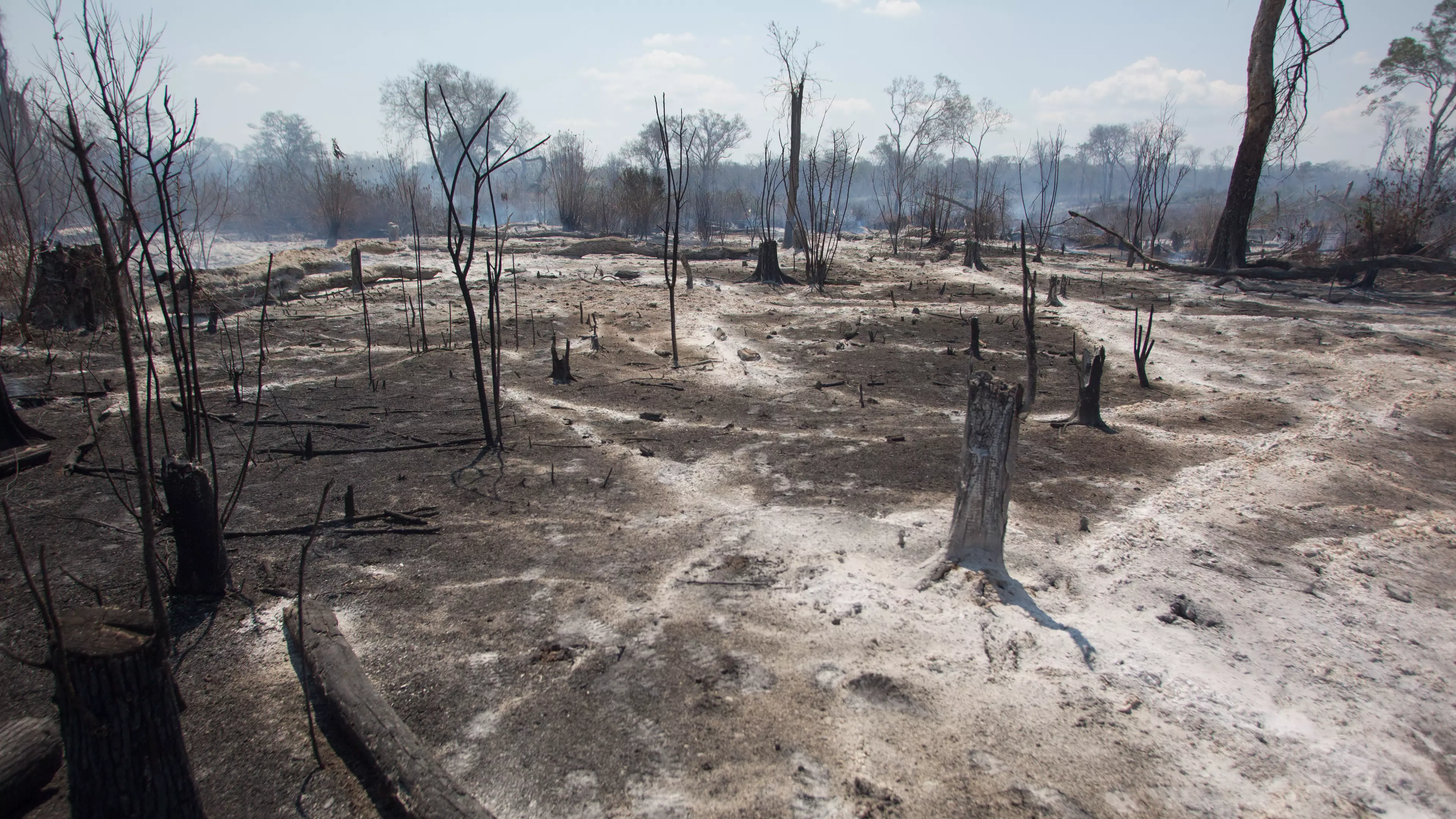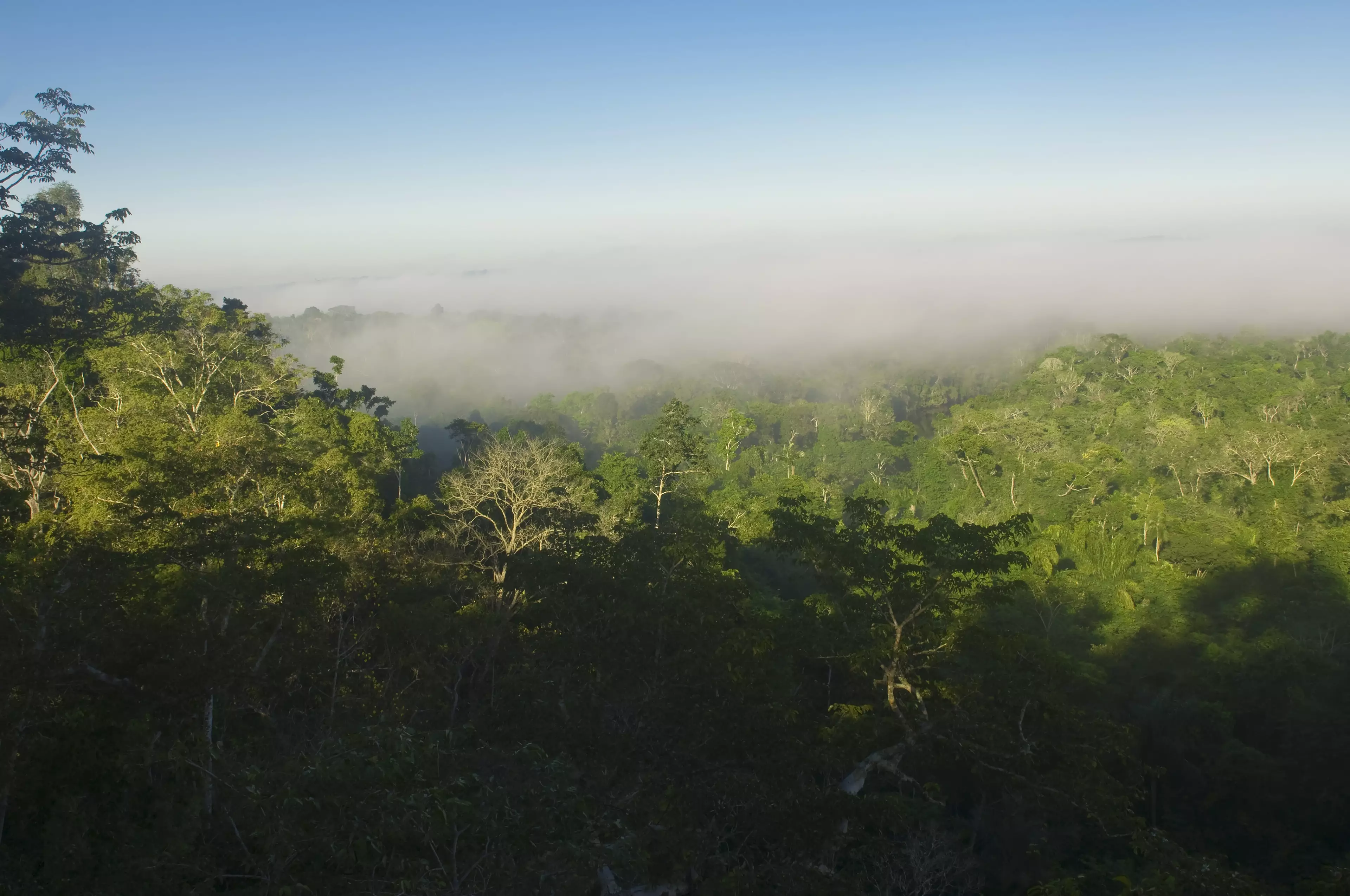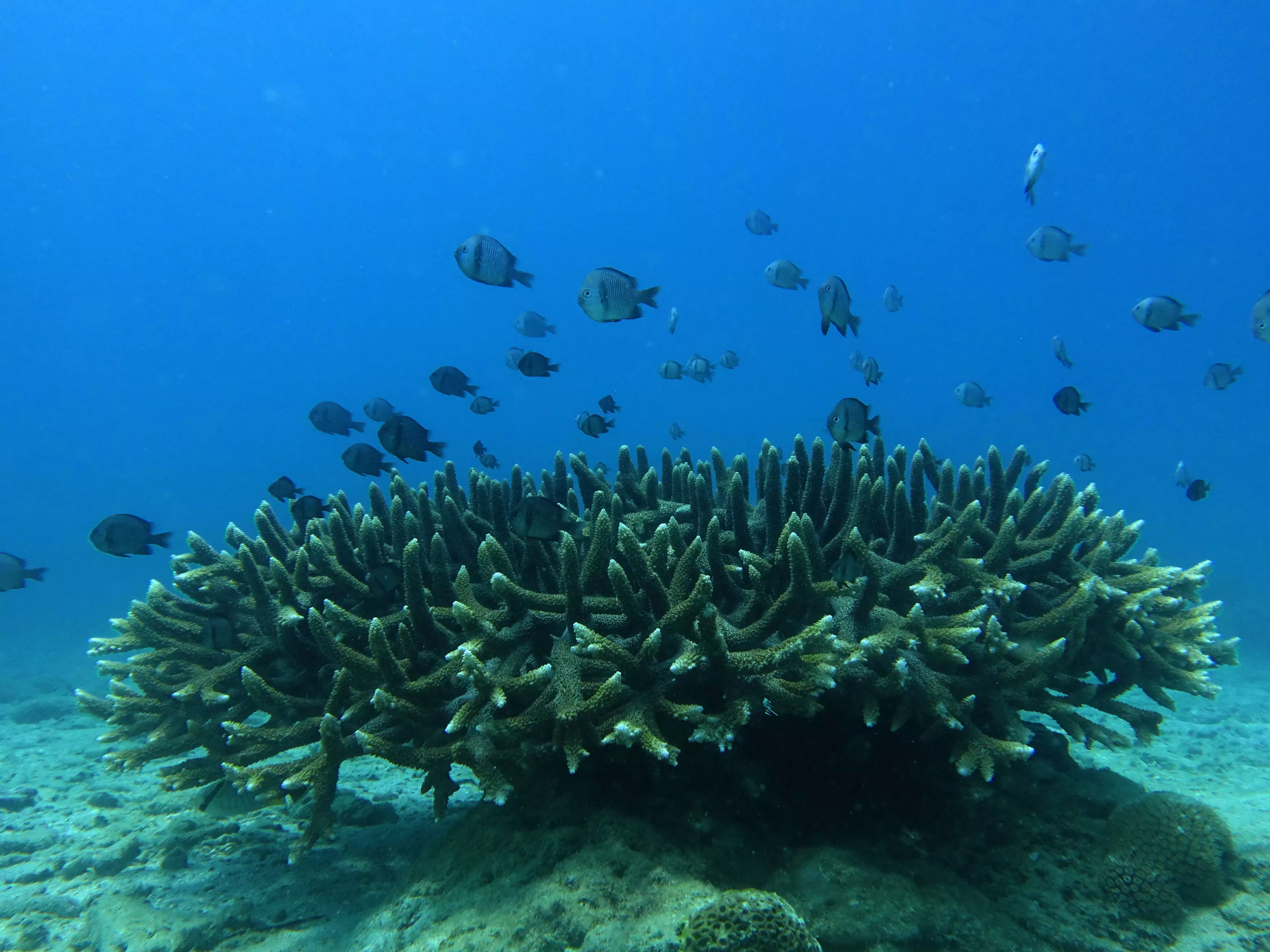
The Amazon Rainforest could soon be wiped out, a new study has warned.
Climate experts have claimed that if a crucial tipping point is reached, some of the planet's largest ecosystems could disappear within just a few decades.
According to research carried out at Bangor University, the Amazon could be gone in 49 years, while the coral reefs, such as those in the Caribbean, which measure 20,000km, could be bleached in the next 15.
Advert
As part of the study, researchers analysed the changes of 25 marine, 13 freshwater and four land ecosystems to find out how long it would take for them to reach a critical point.
Speaking about the findings, Dr Simon Willcock, a joint lead author on the study, from Bangor University's School of Natural Sciences, said the changes represent a threat to human life.

He said: "Unfortunately, what our paper reveals is that humanity needs to prepare for changes far sooner than expected.
Advert
"These rapid changes to the world's largest and most iconic ecosystems would impact the benefits which they provide us with, including everything from food and materials, to the oxygen and water we need for life."
The research was carried out by teams of specialists from Bangor, the School of Oriental and African Studies, and Southampton University who found that while larger ecosystems may take longer to collapse, their deterioration was quicker than expected.
John Dearing, a professor of physical geography at Southampton University, who led the research, said: "We intuitively knew that big systems would collapse more slowly than small ones - due to the time it takes for impacts to diffuse across large distances.

"But what was unexpected was the finding that big systems collapse much faster than you might expect - even the largest on Earth only taking possibly a few decades."
Advert
However, despite some scientists backing the findings, Dr Erika Berenguer, a senior research associate at the University of Oxford and Lancaster University, claimed the findings were not supported by the data.
She told Reuters: "The authors use data from only four terrestrial systems, none of which is a tropical rainforest, but still claim that the Amazon, the largest rainforest on the planet, will experience a dieback in just 50 years.
"While there is no doubt that the Amazon is at great risk and that a tipping point is likely, such inflated claims do not help either science or policy making."
Featured Image Credit: PA